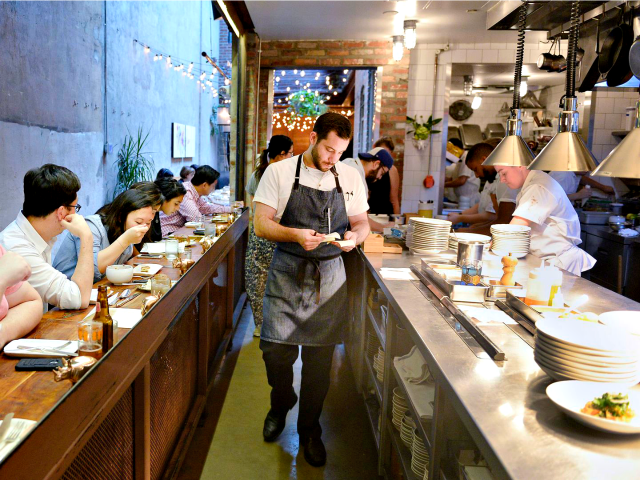Several states will reportedly increase their minimum wage rates in the new year, according to payroll experts Wolters Kluwer Legal & Regulatory U.S.
“A total of 26 states and the District of Columbia will raise the minimum wage in 2020, with 22 of those states implementing the increases by January 1,” according to WTHR.
“Payroll experts say the minimum wage increases reflect lawmakers’ recognition that cost of living is higher in large metro areas than they are in other parts of the state,” the report concluded.
The minimum wage for large employers in Seattle, Washington, is currently $16 an hour, which makes it the highest in the nation. However, that rate will increase to $16.39 in January, according to the Seattle Office of Labor Standards.
In Colorado, the minimum wage will rise to $12 an hour, the Denver Post reported.
“Several states, such as Florida, Ohio and Montana, base increases to the minimum wage on inflation or on adjusting for the cost of living. The minimum wage in Florida will go up 10 cents to $8.56 an hour based off a 1.12 percent increase in the cost of living.”
In July, the U.S. House of Representatives approved the Raise the Wage Act that would boost the minimum wage to $15 by the year 2025.
Even though the bill was not expected to pass the Senate, Job Creators Network President and CEO Alfredo Ortiz condemned the legislation by stating that it was part of the Democrat’s “socialist agenda.”
“House Democrats pushed through an outrageous bill that will force up to 3.7 million Americans to lose their jobs and wreck our economy,” he said.
“House Democrats want to appease the far-left and squeeze the 90 million Americans who work at or own a small business. Instead of pursuing a $15 minimum wage, Congress should be fighting for $50,000 careers by addressing the skills gap.”
In August, business owners in New York City, one of the places where next year’s minimum wage increases will reportedly take effect, had to cut staff and raise prices due to the $15 an hour hike that was implemented earlier this year.
“What it really forces you to do is make sure that nobody works more than 40 hours,” said restaurant owner Susannah Koteen.
“You can only cut back so many people before the service starts to suffer.”

COMMENTS
Please let us know if you're having issues with commenting.